Sometimes you want to talk about sex, and sometimes it is thrust upon you. Like this week, when a BYU basketball player was nixed off the team for an ‘honor code violation’, which turned out to be consensual sex with his girlfriend.
Some people are congratulating the BYU for standing up for old-fashioned values like sexual repression. It ties in neatly with a recent article by K-Lo of the National Review about her longing for a new sexual revolution, except without the sex. Others are congratulating BYU for upholding their ‘honor code‘ at great cost to themselves. Of course, the BYU ‘honor code’ has as much to do with honor as an ‘honor killing‘ does — in both cases, it’s about social control.
And that’s the real thrust of this issue: The Mormon Church (and to varying degrees, the rest of Christianity along with many other religions) claims the right to control the sexual behaviour of other adults, and for some reason these adults allow them to have that right. The church claims this right in the name of moral purity or social order, but I think it’s really because sex competes with the church. Sex makes you feel good, and this is a challenge to a church that wants to be the only source of good feelings — indeed, a church which enshrines good feelings as the highest form of evidence. So they try to take over sex by controlling the conditions under which it occurs.
Sex is normal. Critters have been bonking each other since there was bonking. But if you do something perfectly normal that the church has prohibited, and you admit that what you did was wrong, then they’ve got you. You owe them now. They hold the keys to your forgiveness, your imaginary salvation, and your entry into Fictional Heaven. But only if you hand them the right to control that most personal part of yourself.
(Especially to young Mormons: Your bishop has no right to take you behind closed doors and question you about your sexual or masturbatory habits. This is creepy behaviour. Tell him it’s private.)
I endured a Mormon upbringing, which meant that I was loaded with messages about sexual guilt from since I was about yay-high. The messages were also strangely vague. When I asked my mom about sex, she threw me a book about animal reproduction, which was confusing. Was I supposed to have sex, or amplexus? My dad’s advice was gruff, but simple: “Don’t do the Marriage Thing.” He said sex was a priesthood ordinance. (I asked him if that meant that if you got the words wrong, you had to start again? He smiled at this, despite himself.)
My advice to my boys has been different. I hope that they get all the love they could ever wish for, both in body and heart. But the pursuit of love must be conducted with responsibility.
The responsibility I’m talking about takes four forms:
Take care of your body, and those of others.
Take care of your heart, and those of others.
The first two are related:
Take care of your body, and those of others.
This means if you’re sexually active, don’t have unprotected sex. Condoms are available at my place, and the boys know where they are. They know this because recently I was looking for something in a bathroom drawer, and hollered, “I can’t find anything in this drawer for all the condoms in here! I wouldn’t mind if they disappeared!” Clumsy, but effective.
Care for your body also means that if you are sexually active, you occasionally get tested for HIV, chlamydia, and all the other nasties that are out there. Don’t be Patient X.
Take care of your heart…
Taking care of your heart could mean a lot of things. I think of it as not getting involved with people who are bad for you, either because they’re using you at your expense, they’re mean or careless with your feelings, or they’re physically or verbally abusive. Value yourself enough to not have a sexual relationship with people who are wrong for you. The cost is too high.
…and those of others.
Look out for the feelings of other people. The philosopher Martin Buber described two kinds of relationships: ‘It’ and ‘You’. This applies to sex. You can have sex because you like the person (a ‘You’ relationship), or you can have sex because you like the sex (the ‘It’). I think either’s fine, but your goals have to match those of your sex partner.
That means taking the time to DTR. Define the Relationship before having sex, and make sure you both want the same thing. If she’s having a ‘You’ experience, and you just want ‘It’, then there’s a mismatch. Best to let it go. There are lots of people that you can find ‘it’ with. Otherwise, you’re just screwing someone over, and that’s not taking care of other people’s hearts. I’m pleased to say that I’m on good terms with people in my past because I took the time to DTR.
I think this advice is much more helpful than the ‘Never Never’ advice I got as a young man. Talking about sexual responsibility instead of sexual avoidance allows that young people are likely to engage in sexual behaviour, and reduces the likelihood of negative consequences.
So my message is: When you’re ready to have a sex life, have a good one. But do so responsibly. I’m here to help, but if you don’t want to talk to me, talk to someone you trust. And I hope you have some great experiences.






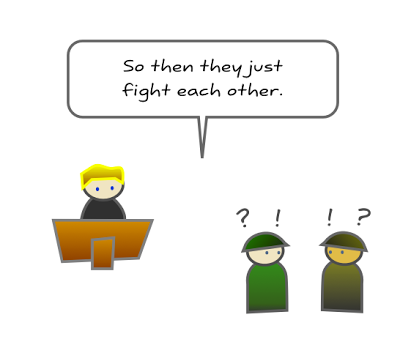



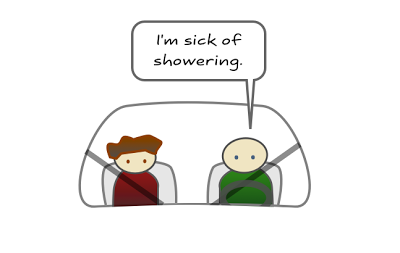
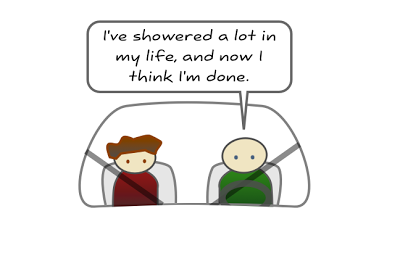
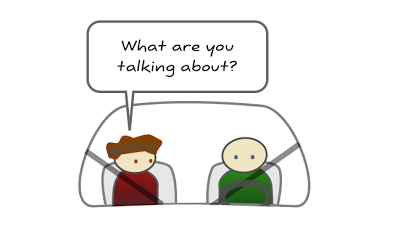
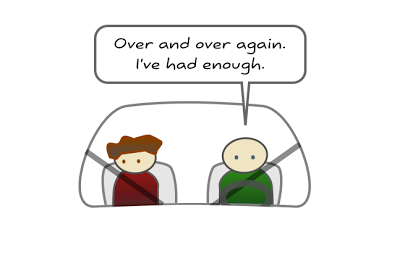
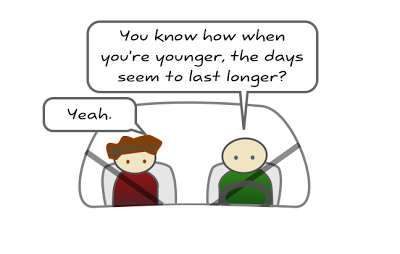
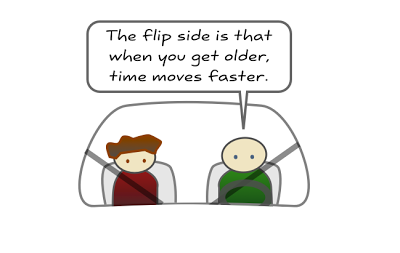
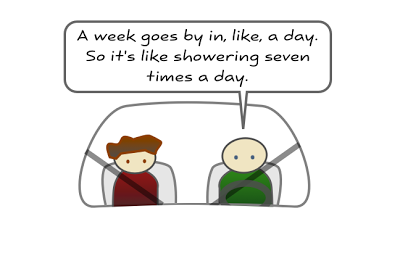

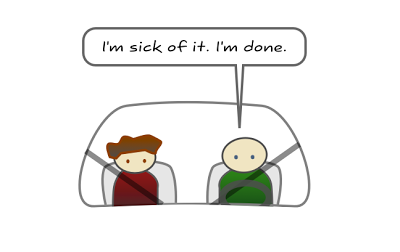
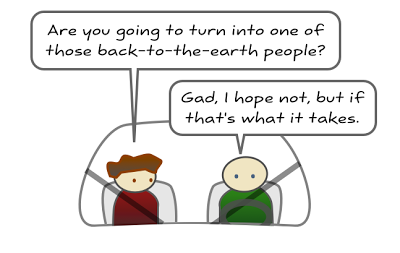
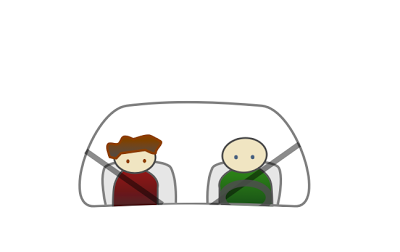

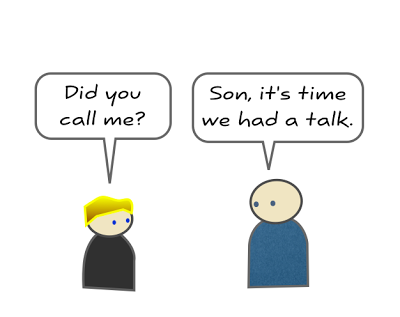


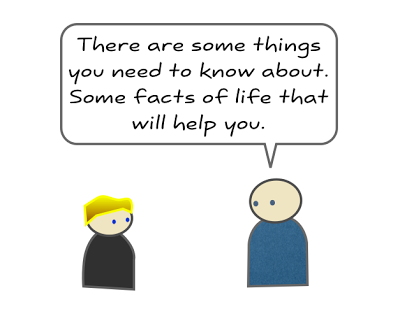
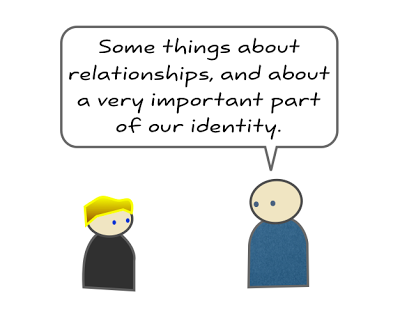





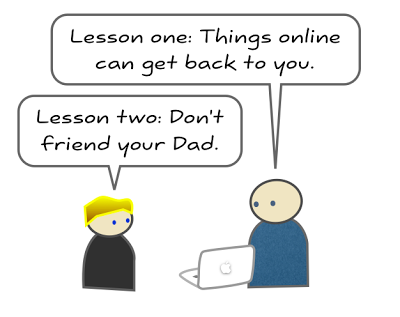
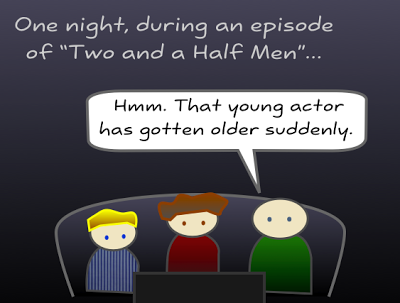

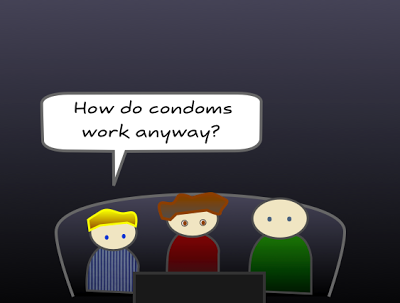

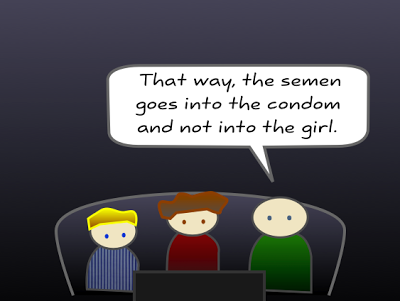
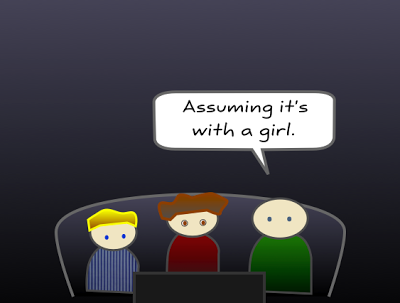


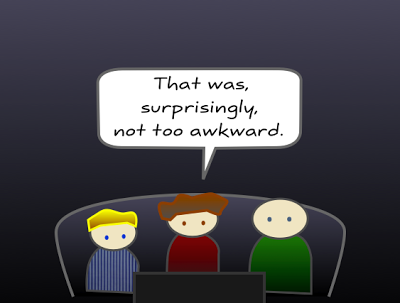
Recent Comments